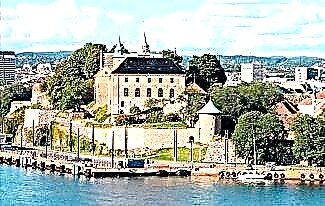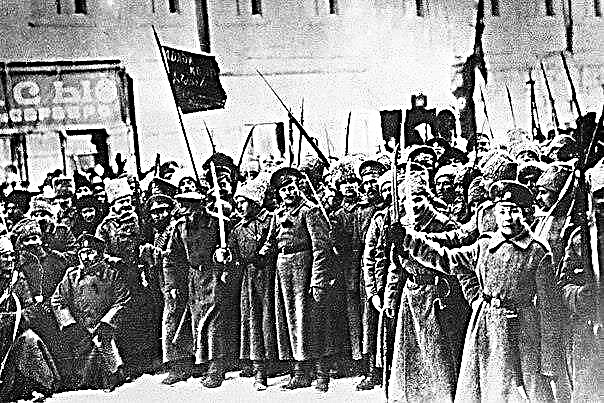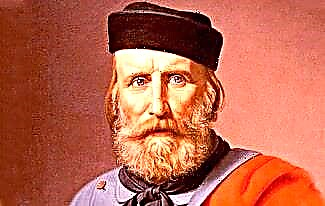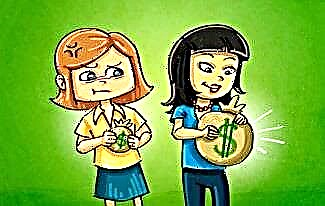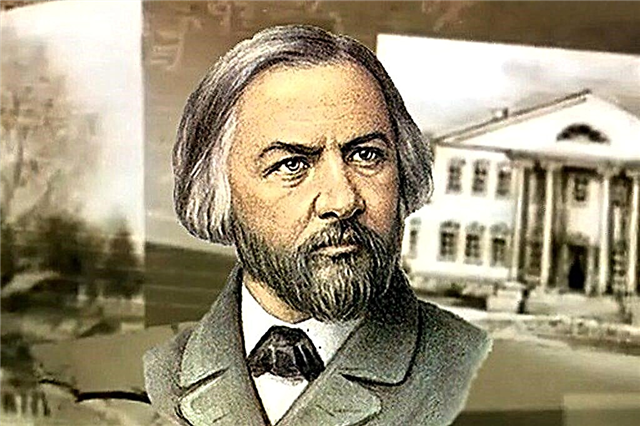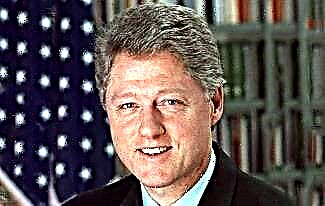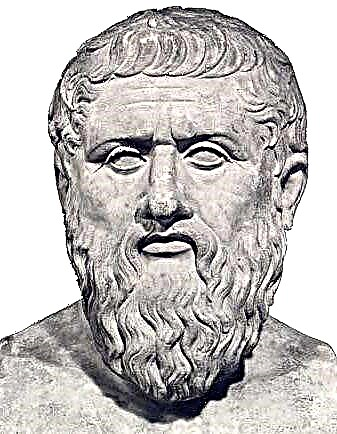Anatoly Fedorovich Koni (1844-1927) - Russian lawyer, judge, statesman and public figure, writer, judicial orator, active privy councilor and member of the State Council of the Russian Empire. Honorary Academician of the St. Petersburg Academy of Sciences in the field of fine literature.
There are many interesting facts in the biography of Anatoly Koni, which we will talk about in this article.
So, here is a short biography of Koni.

Biography of Anatoly Koni
Anatoly Koni was born on January 28 (February 9) 1844 in St. Petersburg. He grew up and was brought up in the family of the theatrical figure and playwright Fyodor Alekseevich and his wife Irina Semyonovna, who was an actress and writer. He had an older brother, Eugene.
Childhood and youth
Artists, writers and other cultural figures often gathered in Koni's house. At such meetings, politics, theatrical art, literature and many other things were discussed.
Until the age of 7, Anatoly was under the supervision of his nanny Vasilisa Nagaytseva. After that, he and his brother received education at home.

The head of the family was a fan of the ideas of Emmanuel Kant, as a result of which he adhered to clear rules for raising children.
According to these rules, the child had to go through 4 stages: to gain discipline, as well as labor, behavioral and moral skills. At the same time, the father did his best to teach his sons to think without following the majority.
At the age of 11, Anatoly Koni began attending the School of St. Anne. After finishing the 3rd grade, he moved to the Second St. Petersburg Gymnasium. During this period of his biography, he mastered German and French, and also translated some works.
At the same time, Koni was pleased to attend lectures by renowned professors, including the historian Nikolai Kostomarov. In 1861 he continued his education at the Mathematics Department of St. Petersburg University.
A year later, due to student riots, the university was closed indefinitely. This led to the fact that the young man decided to go to the 2 nd year of the law department of Moscow University. Here Anatoly received high marks in almost all disciplines.
Career
As a student, Koni was able to independently provide himself with everything he needed. He earned money through tutoring teaching mathematics, history and literature. In parallel with this, he showed a great interest in theatrical art and reading world literature.
After receiving his diploma, Anatoly Koni began working at the Ministry of War. Later, he voluntarily moved on to work as Assistant Secretary for the Criminal Department of St. Petersburg.
As a result, a few months later the young specialist was sent to Moscow, where he took up the post of the secretary of the prosecutor. In the fall of 1867, another appointment followed, as a result of which he became - assistant prosecutor of the Kharkov district court.
By that time, Koni began to show the first symptoms of the disease. This led to the fact that at the beginning of 1869 he was forced to leave for treatment abroad. Here he became close to the Minister of Justice, Constantin Palen.

Palen assisted Anatoly to be transferred to St. Petersburg. After that, he began his rapid ascent up the career ladder. After becoming a prosecutor, he was involved in difficult cases for several years.
At the trials, Koni delivered bright and constructive speeches that delight all the jury. Moreover, his accusatory speeches were published in various publications. As a result, he became one of the most respected lawyers not only in the city, but also in the country.
Later, Anatoly Fedorovich took the post of vice director of the department of the Ministry of Justice, after which he was awarded the title of honorary judge of Peterhof and St. Petersburg districts. The case of Vera Zasulich deserves special attention in the professional biography of the prosecutor.
Zasulich made an unsuccessful attempt to murder the mayor Fyodor Trepov, as a result of which she was put on trial. Thanks to a well-thought-out speech, Koni convinced the jury of Vera's innocence, since she allegedly did not seek to kill the official. An interesting fact is that on the eve of the meeting, Emperor Alexander II himself demanded from a lawyer that the woman must go to jail.
However, Anatoly Koni refused to play along with both the emperor and the judges, deciding to do his job honestly and without partiality. This led to the fact that the man began to be forced to voluntarily resign, but Koni again refused. As a result, he was transferred from the criminal department to the civil one.
In subsequent years of his biography, Anatoly was often persecuted by the authorities, depriving him of awards and not being allowed to serious litigation. With the start of the revolution, he lost his job and livelihood.

Horses had to sell books to make ends meet. In the last years of his life, he was engaged in teaching at Petrograd University, teaching students oratory, criminal law and ethics of the hostel. About a year before his death, his pension was even doubled.
The works of Anatoly Koni, including "Judicial Speeches" and "Fathers and Sons of Judicial Reform", had a noticeable impact on the development of legal science. He also became the author of works in which he described his memories from communication with various writers, including Leo Tolstoy, Fyodor Dostoevsky and Nikolai Nekrasov.
Personal life
Anatoly Fedorovich has never been married. He said the following about himself: "I have no personal life." However, this did not stop him from falling in love. The first choice of the lawyer was Nadezhda Moroshkina, with whom he planned to get married.
However, when the doctors predicted Koni would have a short life, he refrained from marriage. Later he met Lyubov Gogel, who was married to a St. Petersburg prosecutor. For a long time, they maintained friendly relations and actively corresponded with each other.
Anatoly and Elena Vasilievna Ponomareva had a similar communication - the number of their letters went to hundreds. In 1924 Elena began to live with him, being his assistant and secretary. She took care of the sick Koni until the end of his days.
Death
Anatoly Koni died on September 17, 1927 at the age of 83. The cause of his death was pneumonia. So many people came to say goodbye to him that people filled the whole street.
Photo by Anatoly Koni






